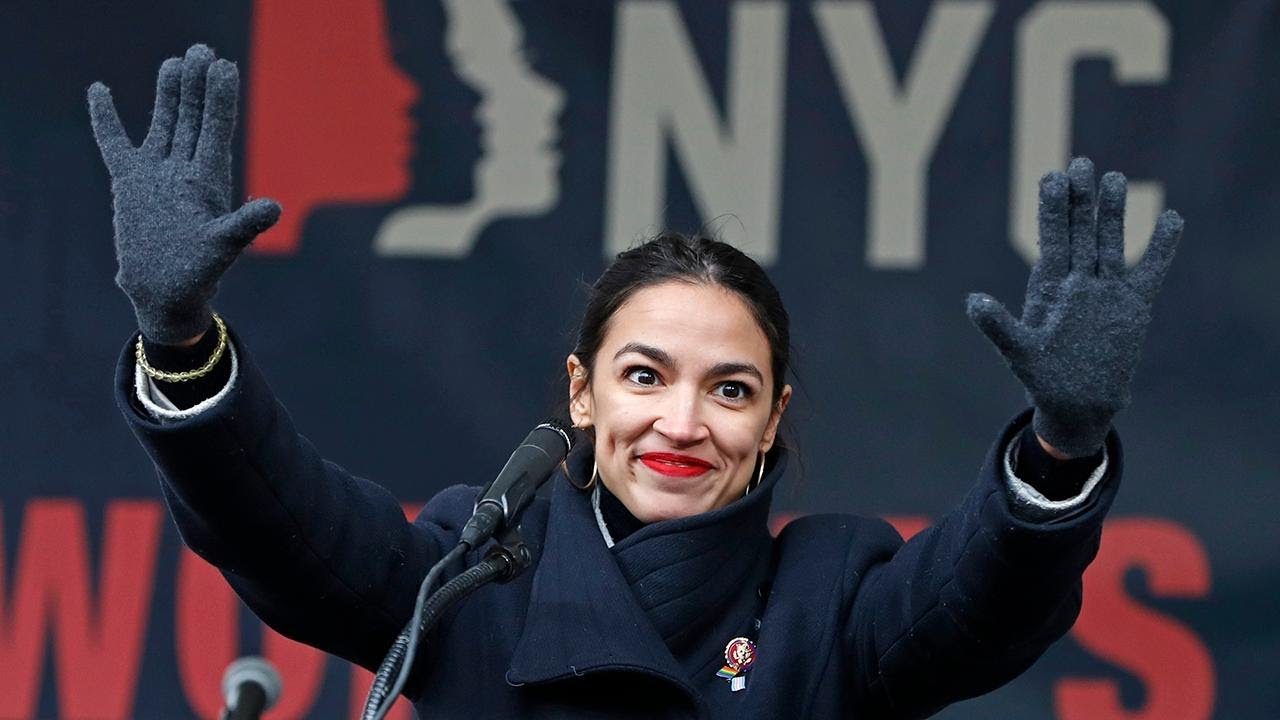The Democratic Party is facing a serious identity crisis after being routed in the 2024 elections. President-elect Trump didn’t just beat Kamala Harris in a landslide; he also carried Republicans to majorities in both the Senate and the House. Now, as Democrats look ahead to 2028, instead of moderating their platform to win back voters, they seem intent on doubling down on the radical left-wing policies that led to their defeat.
Leading the charge among potential 2028 candidates is none other than Rep. Alexandria Ocasio-Cortez (D-NY), the self-proclaimed democratic socialist who’s become a darling of the progressive left. AOC’s meteoric rise from bartender to congresswoman—and now, possible presidential contender—has left her fanbase starry-eyed. But her policies and gaffes have made her a divisive figure for mainstream voters.
At just 35 years old, Ocasio-Cortez has made waves with proposals like the Green New Deal and her penchant for viral Twitter tirades. While supporters say she “cuts through the noise,” critics argue her rhetoric and lack of experience make her a poor choice for national leadership. Her infamous opposition to Amazon’s HQ2 in Queens cost her district 25,000 jobs, and her hyperbolic comparisons of border facilities to “concentration camps” earned her widespread backlash. While AOC’s appeal on social media might energize young, progressive voters, her polarizing track record could alienate moderates and independents.
But AOC isn’t the Democrats’ only problem. Other likely contenders include California Governor Gavin Newsom, whose state is plagued by rampant homelessness, skyrocketing crime, and a mass exodus of residents. Michigan Governor Gretchen Whitmer, known for her heavy-handed pandemic policies, also tops the list, along with Pennsylvania’s Josh Shapiro and Illinois’s JB Pritzker—two governors whose progressive platforms have struggled to address crime and economic woes in their states.
Meanwhile, the left’s more centrist voices, like Maryland Governor Wes Moore and Kentucky Governor Andy Beshear, are mentioned as possible contenders but face the challenge of navigating a party increasingly beholden to its radical wing.
The question for Democrats heading into 2028 is whether they can learn from their mistakes. Will they shift toward moderation to regain trust with voters, or continue to embrace policies that the electorate decisively rejected in 2024? If the early signs are any indication, the party seems more interested in catering to its loudest voices than reconnecting with the middle.


Leave a Comment